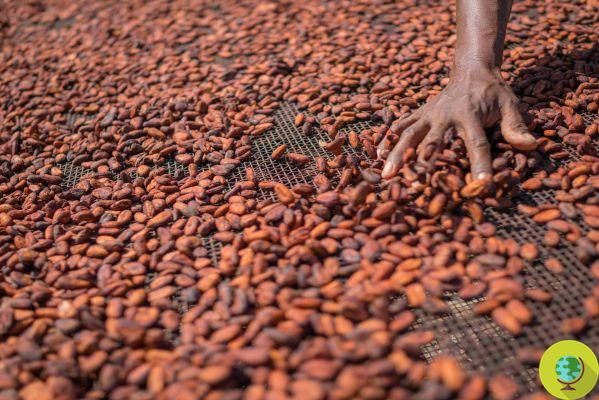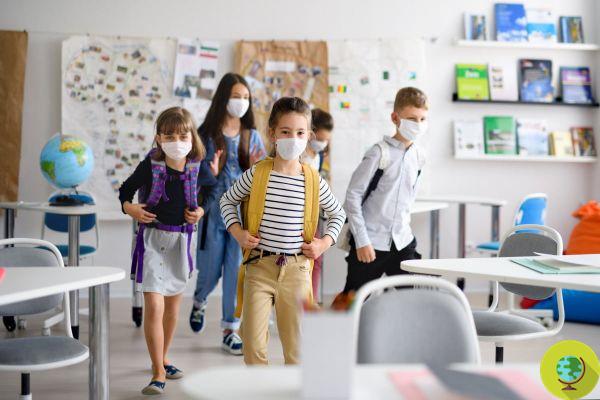
“Country” children are less allergic than their city peers.
Don't store avocado like this: it's dangerousAllergy: the dust that you breathe in the countryside stimulates a protein that defends the body. That would be the reason why “rural” children are less allergic than their city peers. Living in the countryside, therefore, is not only good for the mind, but it also protects against allergies.
This is supported by a study from the Belgian University of Ghent presented at the Joint Congress of the British and Dutch Societies for Immunology, which showed that exposure to agricultural dust would increase the expression of a protective protein that suppresses the inflammatory immune system by changing the communication between the lining of the lungs and the immune system itself.
READ also: THE 10 MOST ALLERGIZING CHICKENS
Allergy rates are on the rise in Europe: According to some data, around one in four people suffer from seasonal allergies, such as hay fever or allergic asthma, and the reasons for such a rapid increase are unclear. But what the experts say is that children who grow up on farms have fewer allergies than children who grow up in cities. But why does the campaign protect against allergies?
The researchers used a protein called Lps, which is part of the cell wall of the typical dust bacteria found on farms. This in turn stimulates another protein present in the cells, the A20, which is involved in communications between the lungs and the immune system, and which at high levels limits the inflammatory response. The result was confirmed on about 2 thousand European children with a genetic mutation that alters A20, favoring allergies.
READ also: ALLERGY TO CHICKENS AND GRAMINACEE: SIAAIC'S ADVICE TO REDUCE SYMPTOMS
How does farm dust induce protein A20 expression in cells? Scientists will soon want to figure this out, but what they hope now is to open the door to the development of new anti-asthma therapies that stimulate the production of A20 in the cells lining the airways.
“This study is an exciting first step - says researcher Martijn Schuijs - but we need to investigate the mechanisms. We hope that targeting the A20 protein in the cells lining the airways will lead to the development of more effective drugs for people with allergic asthma. "
Of course it is, alas, that, protein or non-protective protein, there is one thing in the city that makes itself felt very little in the countryside: smog, which from respiratory allergies to eye irritation to the accumulation of lead in the blood of children, is a real invisible monster that has increasingly serious consequences on health.
Germana Carillo


























